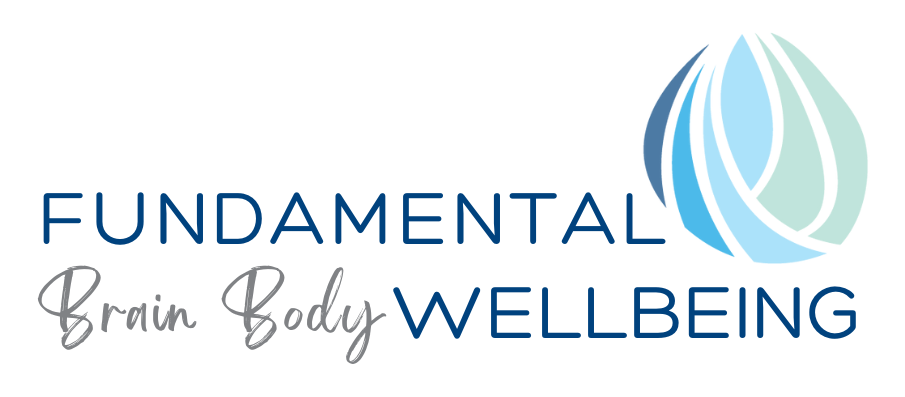Last month I covered a series GOOD MOOD BRAIN FOOD all about eating for brain health. The right foods can help address symptoms of depression, anxiety symptoms, brain fog, cognition, memory and learning difficulties.
I ran out of week to cover all the amazing foods that offer us fantastic brain-boosting benefits, so I thought I’d round it out by talking about fasting. Because NOT eating is also good for the brain. There’s a lot of research that demonstrates the benefits of fasting, or caloric restriction, for the brain.
Brain-related benefits of fasting
There are many benefits to regular fasting, including for skin and gut health, but here I am focusing on the benefits to your brain and mental health.
Fasting is a challenge to your brain, and your brain responds to that challenge by adapting stress response pathways that help your brain cope with stress and disease risk.
Fasting stimulates the production of a protein in nerve cells called brain-derived neurotrophic factor, or BDNF. BDNF has been shown to play a role in neuroplasticity, which allows the brain to continue to change and adapt. It makes your brain more resilient to stress and more adaptable to change. BDNF helps to produce new brain cells, protect your brain cells, stimulate new connections and synapses while also boosting memory, improving mood, and learning.
Fasting also triggers a process called autophagy, where cells remove damaged molecules and dysfunctional mitochondria (the little energy-producing powerhouses found in EVERY cell), thus assisting brain detoxification.
Different types of Fasts
Fasting can take many forms, from strict water-only fasts, to those which include teas, juices and/or broths. Even vegetable-only restricted diets may be considered a fast for some people. In terms of duration, some fast daily via the recent trend of intermittent fasting, also called TRE or Time-Restricted Eating, which involves fasting 10-16hours per day. In other words, you only eat in a restricted time window of say 10am – 6pm. I find this type of fasting quite manageable, and an easy introduction for most people. Alternatively, or you could try 24-72 hours, such as that promoted in Michael Mosley’s 5:2 diet.
Some sources suggest fasting one day per week, one week per month and one month per year. Have you tried it? Do you do it regularly? What benefits have you noticed? Let me know in the comments below!
IMPORTANT: Fasting is not for everyone! This especially includes anyone who is pregnant, breastfeeding, diabetic, or living with certain other health conditions. It should only be done under the supervision of a qualified health professional.
If you are new to fasting and would like some guidance, book in for a consultation with me!

